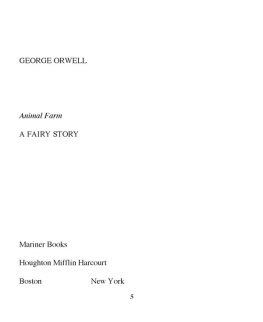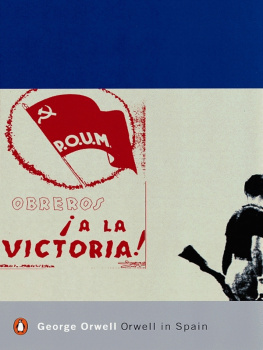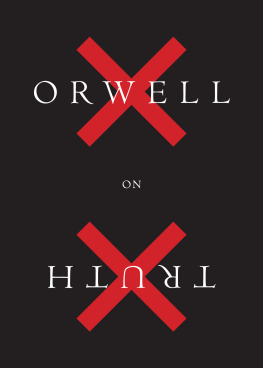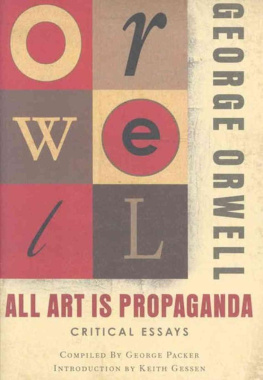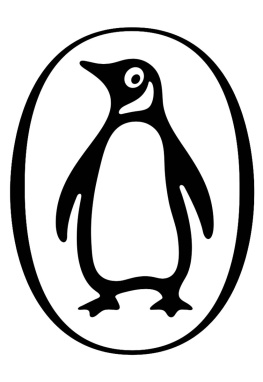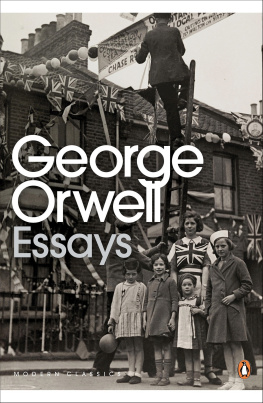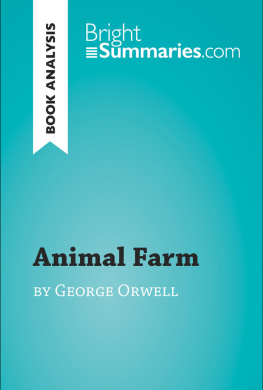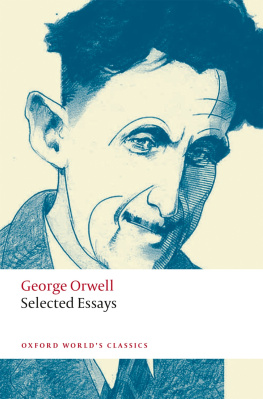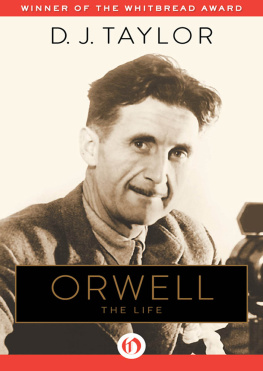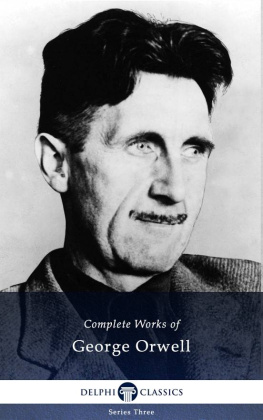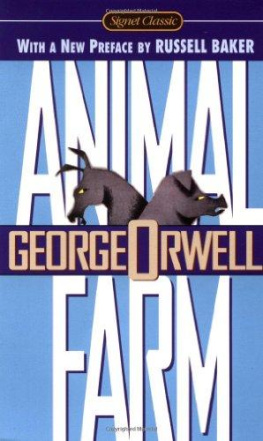George Orwell - Animal Farm
Here you can read online George Orwell - Animal Farm full text of the book (entire story) in english for free. Download pdf and epub, get meaning, cover and reviews about this ebook. year: 2011, publisher: Houghton Mifflin Harcourt, genre: Detective and thriller. Description of the work, (preface) as well as reviews are available. Best literature library LitArk.com created for fans of good reading and offers a wide selection of genres:
Romance novel
Science fiction
Adventure
Detective
Science
History
Home and family
Prose
Art
Politics
Computer
Non-fiction
Religion
Business
Children
Humor
Choose a favorite category and find really read worthwhile books. Enjoy immersion in the world of imagination, feel the emotions of the characters or learn something new for yourself, make an fascinating discovery.
- Book:Animal Farm
- Author:
- Publisher:Houghton Mifflin Harcourt
- Genre:
- Year:2011
- Rating:5 / 5
- Favourites:Add to favourites
- Your mark:
- 100
- 1
- 2
- 3
- 4
- 5
Animal Farm: summary, description and annotation
We offer to read an annotation, description, summary or preface (depends on what the author of the book "Animal Farm" wrote himself). If you haven't found the necessary information about the book — write in the comments, we will try to find it.
Animal Farm — read online for free the complete book (whole text) full work
Below is the text of the book, divided by pages. System saving the place of the last page read, allows you to conveniently read the book "Animal Farm" online for free, without having to search again every time where you left off. Put a bookmark, and you can go to the page where you finished reading at any time.
Font size:
Interval:
Bookmark:
Mariner Books
Houghton Mifflin Harcourt
Boston New York
Eric Arthur Blair (George Orwell) was born in 1903 in India, where his father worked for the Civil Service. The family moved to England in 1907 and in 1917 Orwell entered Eton, where he contributed regularly to the various college magazines. From 1922 to 1927 he served with the Indian Imperial Police in Burma, an experience that inspired his first novel, Burmese Days (1934). Several years of poverty followed. He lived in Paris for two years before returning to England, where he worked successively as a private tutor, schoolteacher and bookshop assistant, and contributed reviews and articles to a number of periodicals. Down and Out in Paris and London was published in 1933. In 1936 he was commissioned by Victor Gollancz to visit areas of mass unemployment in Lancashire and Yorkshire, and The Road to Wigan Pier (1937) is a powerful description of the poverty he saw there. At the end of 1936 Orwell went to Spain to fight for the Republicans and was wounded. Homage to Catalonia is his account of the civil war. He was admitted to a sanatorium in 1938 and from then on was never fully fit. He spent six months in Morocco and there wrote Coming Up for Air. During the Second World War he served in the Home Guard and worked for the BBC Eastern Service from 1941 to 1943. As literary editor of Tribune he contributed a regular page of political and literary commentary, and he also wrote for the Observer and later for the Manchester Evening News. His unique political allegory, Animal Farm, was published in 1945, and it was this novel, together with Nineteen Eighty-Four (1949), which brought him world-wide fame.
George Orwell died in London in January 1950. A few days before, Desmond MacCarthy had sent him a message of greeting in which he wrote: 'You have made an indelible mark on English literature ... you are among the few memorable writers of your generation.'
Peter Davison is Research Professor of English at De Montfort University, Leicester. He was born in Newcastle upon Tyne in 1926 and studied for a London External BA (1954) by correspondence course. He edited an Elizabethan text for a London MA (1957) and then taught at Sydney University, where he gained a Ph.D. He was awarded a D.Litt. and an Hon. D. Arts by De Montfort University in 1999. He has written and edited fifteen books as well as the Facsimile Edition of the manuscript of Nineteen Eighty-Four and the twenty volumes of Orwell's Complete Works (with Ian Angus and Sheila Davison). He is a Past-President of the Bibliographical Society, whose journal he edited for twelve years. He was made an OBE in 1999 for services to literature.
Copyright 1945 by Eric Blair
This edition copyright the Estate of the late Sonia Brownell Orwell,
1987
Note on the Text copyright Peter Davison, 1989
All rights reserved. No part of this publication may be reproduced or
transmitted in any form or by any means, electronic or mechanical,
including photocopy, recording, or any information storage and
retrieval system, without permission in writing from the publisher.
Requests for permission to make copies of any part of the work
should be submitted online at www.harcourt.com/contact or mailed to
the following address: Permissions Department, Houghton Mifflin
Harcourt Publishing Company, 6277 Sea Harbor Drive, Orlando,
Florida 32887-6777.
www.hmhbooks.com
First published by Martin Secker & Warburg Ltd 1945
This edition first published by Martin Secker & Warburg Ltd in the
Complete Works of George Orwell series 1987
CIP data is available.
ISBN 978-0-547-37022-4
First Mariner edition 2009
A C E G I K J H F D B
A B C D E F G H I J K
K J I H G F E D C B A
Animal Farm was published in England on 17 August 1945 and one year later in the United States. Until Animal Farm the total print-run of Orwell's nine books (including Inside the Whale and The Lion and the Unicorn) in Britain and America amounted to some 195,500 copies. Of these, 47,079 were of The Road to Wigan Pier and 115,000 were Penguin editions of Down and Out in Paris and London (1940) and Burmese Days (1944). Shortage of paper after the World War II restricted the number of copies of Animal Farm printed in Britain, but 25,500 copies had been issued by the time Orwell died in January 1950, and 590,000 in America. These figures give quantitative support to the enormous and immediate success of Animal Farm, and they are backed up by the range and variety of the translations made during the few remaining years of Orwell's lifetranslations into all the principal European languages, as well as Persian, Telugu, Icelandic, and Ukrainian. But what genre of book was being offered to these different publics? The most important textual variant of Animal Farm affects its title-page. Orwell called his book, AnimalFarm: A Fairy Story. This is the description given in all editions published by Secker & Warburg and Penguin Books but the Americans dropped A Fairy Story from the outset. (One of the many publishers who declined to publish Animal Farm in Britain and America did so because he considered there was no market for children's books.) Only in Telugu, of all the translations made in Orwell's lifetime, was A Fairy Story retained. In other translations the subtitle was dropped or became A Satire, A Contemporary Satire, or was described as an adventure or tale. This is not the place to discuss the significance of the original subtitle, except, perhaps, to point out that it stems from Orwell's abiding fascination for fairy stories and the like encountered during early childhood, in his work as a teacher, and his time at the BBC.
Typescripts of two of Orwell's books have survivedAnimal Farm and Nineteen Eighty-Fourin addition to an author's proof for Animal Farm. The number of textual variants is relatively few. When the text was prepared for the English printer, variations in capitalisation and spelling were smoothed out (so that Orwell's 'hay field', 'hay-field' and 'hayfield' all became one word) and, on average, the punctuation was changed twice on each page. For this edition Orwell's punctuation has been preferred and what may be a subtle shift from 'seven commandments' (page 15, line 17) to 'Seven Commandments' (e.g., page 21, lines 23), after they have become sacrosanct, is restored. In 1945 the pigeons were not permitted to drop dung on Mr Jones and his men (page 26, line 23), but were required, obscurely, to 'mute' upon them instead to avoid offending readers' susceptibilities.
Of the two most interesting textual characteristics of Animal Farm, apart from its genre subtitle, one is a change made just in time for the first edition and the other is an afterthought that cannot properly be incorporated.
In March 1945 Orwell was in Paris working as a war correspondent for the Observer and the Manchester Evening News. He there met Joseph Czapski, a survivor of Soviet concentration camps and the Katyn Massacre. Despite the latter's experiences and his opposition to the Soviet regime, he explained to Orwell (as Orwell wrote to Arthur Koestler) that 'it was the character of Stalin ... the greatness of Stalin' that saved Russia from the German invasion. 'He stayed in Moscow when the Germans nearly took it, and his courage was what saved the situation.' In Animal Farm, although parallels to historical personages are not exact, Stalin is certainly represented by Napoleon. A few days after meeting Czapski, Orwell wrote to his publishers asking for the text to be changed in chapter VIII (in this edition page 69, line 22). Instead of 'all the animals, including Napoleon,' falling to the ground, he wanted, 'all the animals, except Napoleon'. This alteration, he wrote, 'would be fair to Stalin, as he did stay in Moscow during the German advance'.
Next pageFont size:
Interval:
Bookmark:
Similar books «Animal Farm»
Look at similar books to Animal Farm. We have selected literature similar in name and meaning in the hope of providing readers with more options to find new, interesting, not yet read works.
Discussion, reviews of the book Animal Farm and just readers' own opinions. Leave your comments, write what you think about the work, its meaning or the main characters. Specify what exactly you liked and what you didn't like, and why you think so.

